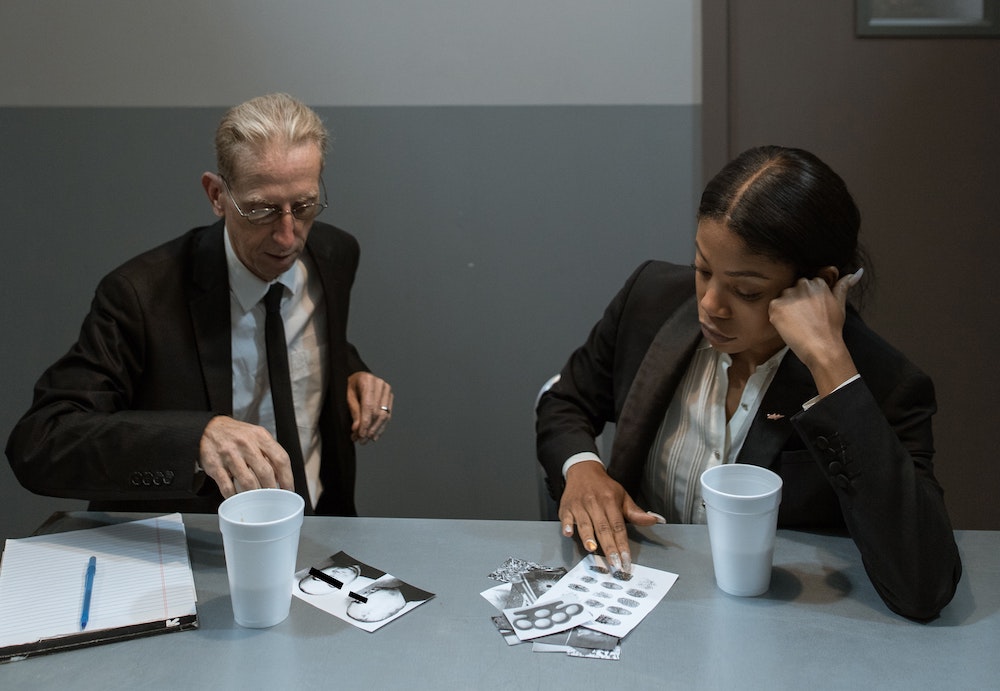This article will examine drug charges in Toronto.
Drug charges in Ontario can have serious legal consequences, including fines, imprisonment, and a criminal record. It is important to understand the laws surrounding drug offences in the province, as well as the potential penalties and defence options available.
Under the Controlled Drugs and Substances Act (CDSA), it is illegal to possess, produce, distribute, or traffic drugs in Canada, including in Ontario. The act classifies drugs into schedules, with Schedule I drugs considered the most dangerous and Schedule IV drugs considered the least dangerous. Some examples of Schedule I drugs include heroin, cocaine, and fentanyl, while Schedule IV drugs include prescription drugs such as Xanax and Valium.
Possession of a controlled substance is a criminal offence in Ontario. Possession can include having the drug on your person, in your vehicle, or in your home. The penalty for possession depends on the type and amount of drug involved, as well as the offender’s criminal history. For a first offence, the penalty can range from a fine to a maximum of five years in prison. Repeat offenders may face harsher penalties.
Trafficking, or the sale or distribution of drugs, is also a criminal offence in Ontario. The penalties for trafficking depend on the type and amount of drug involved, as well as the offender’s criminal history. For a first offence, the penalty can range from a fine to a maximum of life in prison. Repeat offenders may face harsher penalties.

Drug production, or the manufacture of drugs, is also a criminal offence in Ontario. The penalties for drug production depend on the type and amount of drug involved, as well as the offender’s criminal history. For a first offence, the penalty can range from a fine to a maximum of life in prison. Repeat offenders may face harsher penalties.
There are several defences available to those facing drug charges in Ontario. One defence is that the accused did not know that they were in possession of the drug. Another defence is that the accused had the drug for personal use and did not intend to sell or distribute it.
It’s important to note that those facing drug charges should consult with a drug lawyer as soon as possible to understand their legal rights, and the potential penalties they may face. A lawyer can also help to develop a defence strategy and negotiate a plea bargain with the prosecution, if appropriate.
In conclusion, drug charges in Toronto are taken very seriously and can have serious legal consequences. If you are facing drug charges, it is important to understand the laws and potential penalties, as well as the defence options available. It is also strongly recommended to consult with a lawyer as soon as possible to understand your legal rights and to develop a defence strategy.
If you or someone you know has been charged with Assault, contact De Boyrie Law today for a free consultation at this link. If your matter is immediate please contact us at (416) 727-1389. De Boyrie Law serves Toronto, Vaughan, and the Greater Toronto Area.
Stacey is a student at De Boyrie Law. She is currently studying to complete the BAR and is expected to join our firm once she has completed studies.

